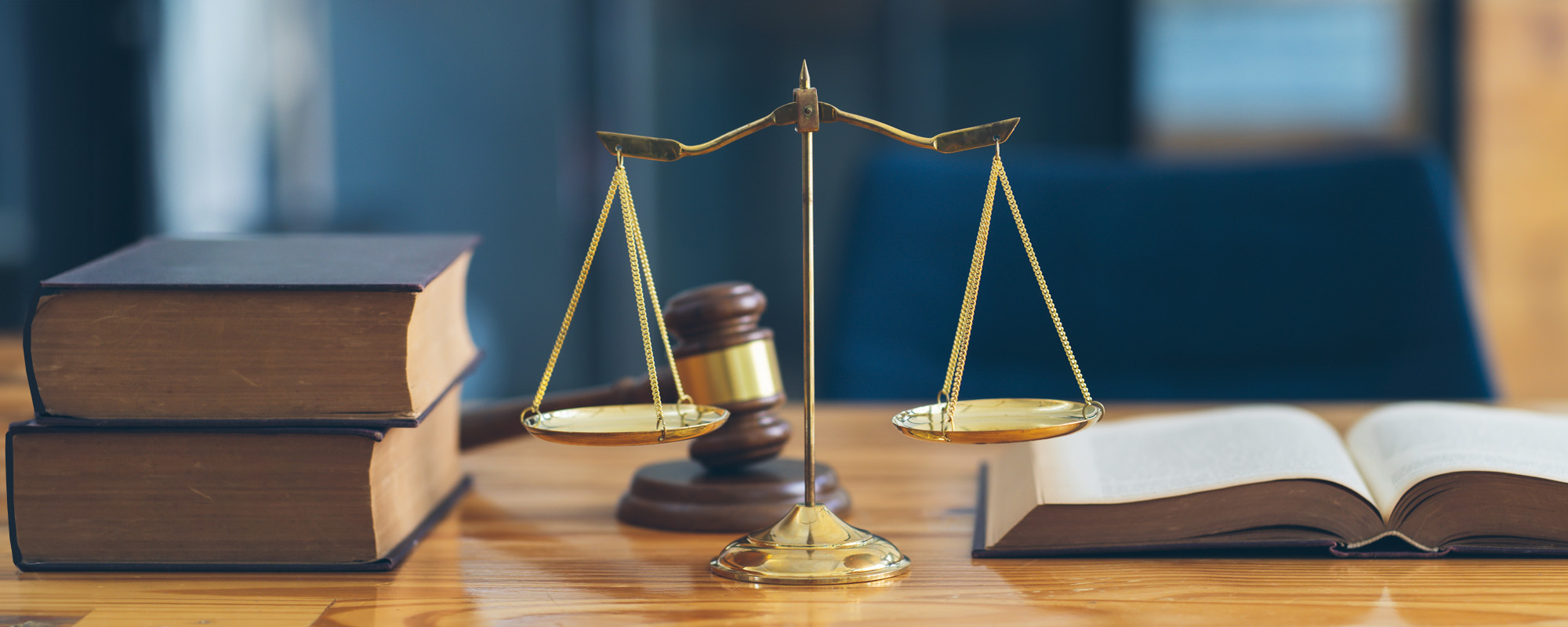
After being injured in an accident due to another person’s negligence or reckless behavior, you are likely consumed by your own health, recovery, and compensation. However, your relatives may also be feeling the effects of your accident in their own way. While not as common, you and your family members may be wondering whether they can claim emotional distress due to your injuries. It is important for you and your family to understand all relevant legal rights and options available to you after your accident. Read on and consult with an experienced New York injury lawyer for more information and skilled legal assistance today.
What is Emotional Distress?
Emotional distress refers to the mental suffering and anguish that can be caused by experiencing or witnessing a traumatic event. In a personal injury case, the injured party can generally recover compensation for not only their physical injuries and property damage but also for their mental suffering.
Can Family Members Claim Emotional Distress Due to My Injuries?
While the injured party is entitled to compensation for their emotional distress, family members may question whether they also have a right to this type of claim. Close family members may be able to pursue legal action for emotional distress in New York if the situation falls under the “zone of danger” rule. If your family member witnessed the accident, then they may have a claim to NIED (negligent infliction of emotional distress).
To successfully claim the zone of danger or bystander rule, the following must be true.
- The defendant unreasonably exposed you and your family member to physical harm
- Your family member witnessed the accident and your serious injury
- Your family member suffered emotional harm
- The defendant’s actions were a substantial factor in causing your injury
This rule only applies to immediate family members who meet these requirements. If your family was not present at the time of the accident, they cannot file a claim for emotional distress, even if your injuries have affected them.
What About Loss of Consortium?
Although your family may not be able to recover damages for emotional distress if the zone of danger rule doesn’t apply, they may have a claim under loss of consortium. Loss of consortim is a legal term that refers to the loss of companionship, affection, comfort, intimacy, and ability to care for one another. When an individual sustains a serious injury, their family is often severely affected.
The victim’s spouse generally files a claim for loss of consortium, though other close family members may be successful as well. Through this legal action, family members can recover compensation for the loss of benefits of their relationship and support.
The effect that an individual’s injuries have on their family is often overlooked, so it is important to understand the rights and options available to close relatives after an accident. Consult with a skilled attorney for more information and legal advice today.

